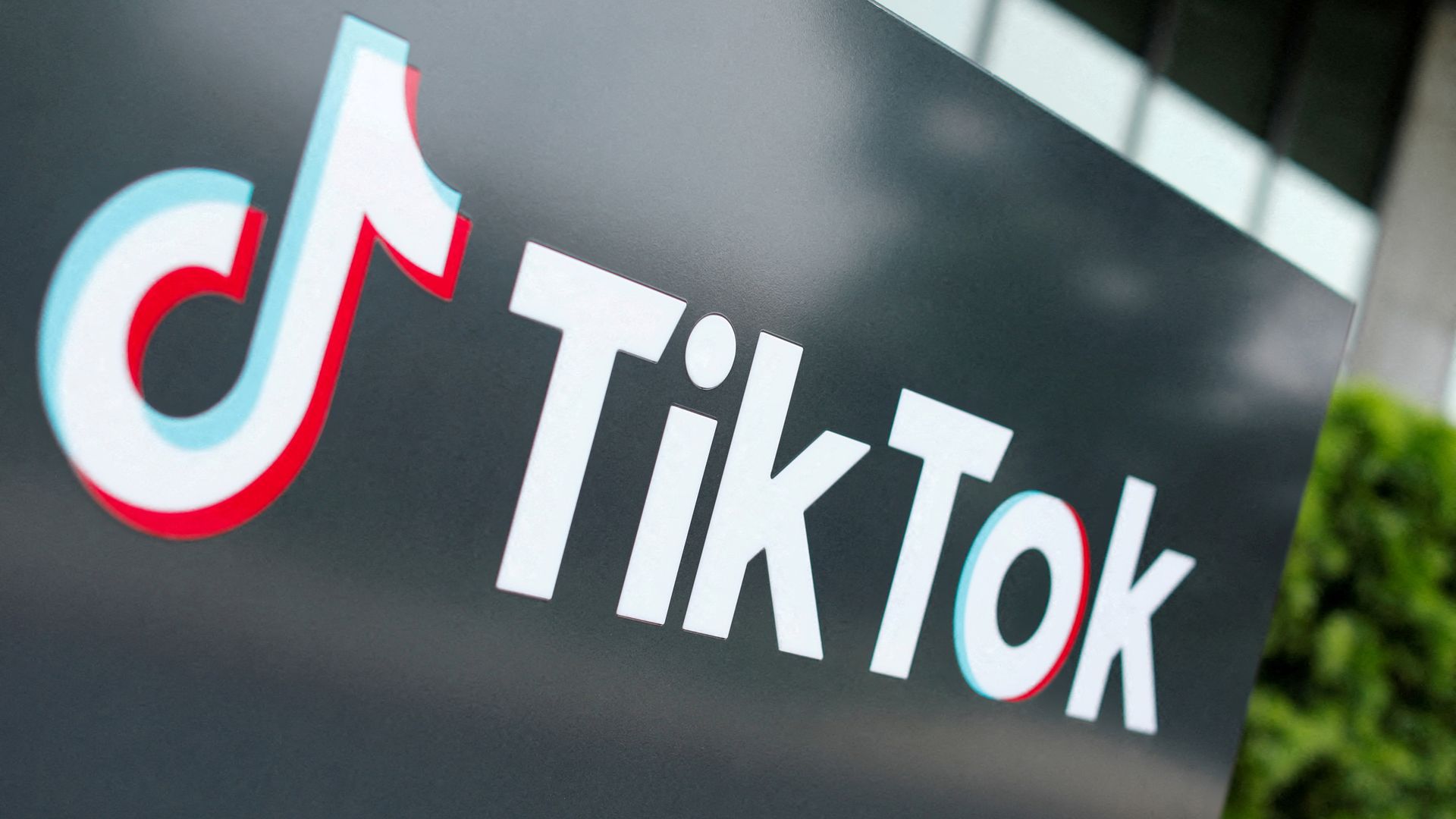
The BDN Opinion section operates independently and does not set news policies or contribute to reporting or editing articles elsewhere in the newspaper or on bangordailynews.com
Allison Schrager is a Bloomberg Opinion columnist covering economics and a senior fellow at the Manhattan Institute.
America has had a generation gap from the very start, and generational warfare for almost as long. But in at least one area, I believe a cease-fire is possible: We can end the war over which generation had it worse when they were young.
With soaring rents, high mortgage rates, student loans and a ballooning national debt to pay for entitlements, Generation Z and many younger millennials say they are getting a raw deal. Older Americans, meanwhile, are sick of all the whining from entitled young co-workers who they see as slackers.
The truth is somewhere in between. It is getting a little easier for young people, at least economically. But that does not take away from the fact that getting a start in the world is hard. All sides have a point — and we’d be better off if we had more realistic expectations for ourselves and empathy for each other.
In that spirit, and speaking as a very late Gen Xer — so late I don’t feel part of any generation — here goes: If you grew up watching shows such as “Friends,” you might expect your 20s to be the best time of your life. You get a fun job in the city, a great apartment and close friends. And it’s true that the first years of adulthood, free from responsibility and surrounded by your peers, is a special time. It is also a challenging time — and always has been.
It’s not easy to establish a career. You don’t have any skills yet — except if you’re on the social media team, which wields a scary amount of power in every organization — so you are expendable, and must work many hours doing thankless tasks. But this is how you get good at what you do. It’s how you learn an industry and make connections. I am not going to argue that it is a pleasant process, though technology has made it a little easier.
Young people complain about this state of affairs not only because it is genuinely unpleasant but because they have an exaggerated sense of their own worth. This is not unique to any generation. There always have been, and always will be, people who declare that they are opting out for an easier, lower paid career. Technology may give these people a louder megaphone, but that doesn’t necessarily mean there are more of them, or that they are representative of their generation. Sorting out who will be successful is never a fun process.
Being young usually means you also have no money. Even if you are lucky enough to have a professional-track job, you might be in an expensive city and have to live in a small apartment or a sketchy neighborhood or with bad roommates. (Of course, you could decide to forgo adulthood and live with your parents, but that comes with its own set of problems.)
It is also true that Gen Z faces difficulties other generations didn’t. The U.S. economy and culture put a premium on living in a big metropolitan area, at least when you are learning a trade and finding a partner. This may explain why living in big cities has become more common despite their higher cost of housing. Wages are also higher in cities, though not high enough.
At the same time, it’s worth pointing out that earlier generations weren’t living like the characters on “Friends,” either. Young adulthood has always been a financial struggle. In fact, despite today’s high rents, today’s young people have more savings than their predecessors. And while they have more student-loan debt, they also have higher and faster-growing wages — because they had more education.
Also worth remembering: Living in a city is fun and makes a prolonged adolescence possible. Those good times may be why older people tend to assume young people have it easy. They tend to forget that people in their 20s are free from many of the responsibilities and hardships of adulthood, but also have anxieties about their careers, relationships and money. Romanticizing this time of life does no one any favors.
I spent most of my 20s convinced I should be having more fun than I was, and feeling utterly inadequate as a result. I can’t imagine how much worse it must be today, with social media constantly reminding you how much better your life should be.
So my advice and wish for the kids today — I use the phrase affectionately! — is this: Every phase of life has its pleasures and its challenges. I have confidence you will make it through these anxious years. And I hope that you will grow old enough to complain about the ingratitude and laziness of the younger generation.









